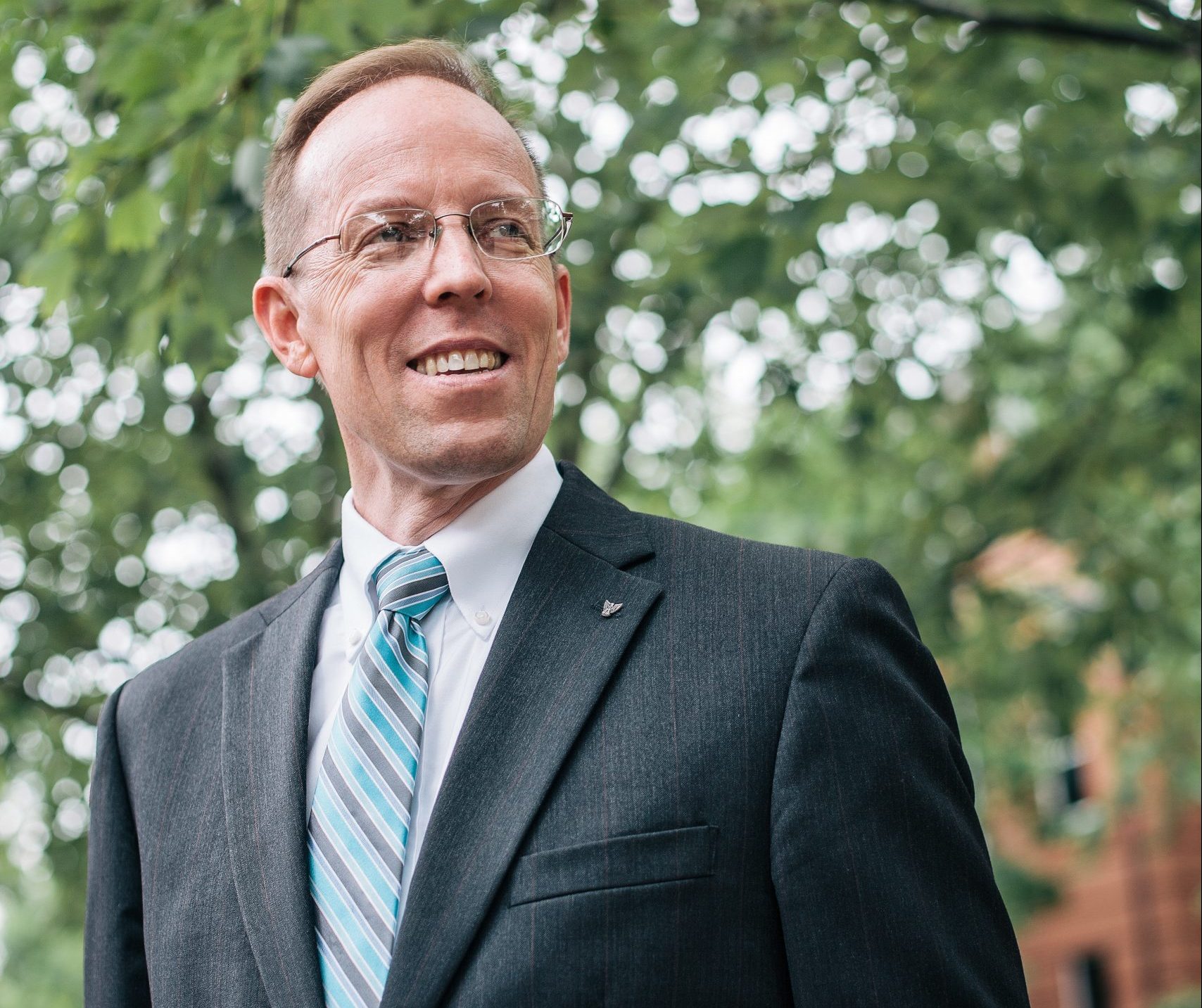The fate of thousands of people eligible for release from Virginia prisons under a new state law that goes into effect July 1 may rest with Governor Glenn Youngkin, once the conferenced budget is approved by the General Assembly on Wednesday.
The expanded earned sentence credit law, passed with bipartisan support in late summer of 2020, allows inmates convicted of certain offenses to earn early release by participating in rehabilitative programming and avoiding infractions. Implementation of the law was delayed until 2022 to give the Department of Corrections time to calculate new sentence lengths and prepare for additional reentry services.
Fifty-eighth District Delegate Rob Bell has spent the past two years trying to stop the bill from going into effect. His effort to repeal it in the 2022 session failed, and since then, he and Virginia Attorney General Jason Miyares have lobbied for Youngkin to amend the budget to restrict the number of people eligible for release under the new law.
Among their concerns: that some of the inmates eligible for early release have been convicted of violent offenses.
“Releasing a population of inmates early, 62% of whom are incarcerated for violent offenses, is not the solution to the growing crime spike across the Commonwealth,” says Miyares spokesperson Victoria LaCivita in an emailed statement.
Bell did not respond to a request for comment.
ACLU of Virginia Policy Strategist Shawn Weneta says Miyares is misleading the public and fearmongering. While it’s true that some of the eligible people have been convicted of violent offenses, he says, the majority of those convictions are for robberies committed without threat or a weapon.
More than three-quarters of those people are Black or brown, Weneta adds, so if Bell and Miyares’ proposed budget amendment moves forward to exclude them from eligibility, “It would further increase the racial disparity in our prisons.”
Weneta says DOC statistics support the law as it passed.
“All the data shows that credits promoting and incentivizing good behavior and participation in rehabilitative programming actually increases public safety,” Weneta says.
Another concern cited by LaCivita is that the reentry system is not prepared to handle the influx that will be created by implementation of the law. The DOC estimates an additional 3,200 people will be let out in July and August.
“The release of so many prisoners early and at one time will be an incredible shock to the re-entry system and has the potential to overwhelm it,” writes LaCivita in her email.
But Weneta says there was plenty of time to address that concern.
“I would say that Jason Miyares was in the General Assembly during this period and was aware that these releases were coming in 2022, yet he proposed no legislation to reinforce DOC’s reentry services, nor did he introduce any budget amendments to provide better reentry services to people returning from incarceration.”
In fact, Weneta says, Republicans, in their budget proposal, attempted to reduce reentry services by $16 million over two years.
Weneta says he hopes Youngkin will reject the calls for a budget amendment to alter the expanded earned sentence credits.
“We really hope that the governor’s administration decides that, you know what, we don’t legislate through the budget and we’re not going to send this sort of amendment down,” Weneta says. “The legislature has spoken on this issue, and we’re going to go ahead and allow the Department of Corrections to move forward with the will of the General Assembly for 2020. Moving forward and next year during the regular session, if they choose to bring forward some sort of a repeal or some sort of amendment, then that would be the appropriate time to do so.”
Courteney Stuart is the host of “Charlottesville Right Now” on WINA. You can hear her interview with Shawn Weneta at wina.com.
Correction 6/3: Rob Bell represents Virginia’s 58th District, not 5th District.






